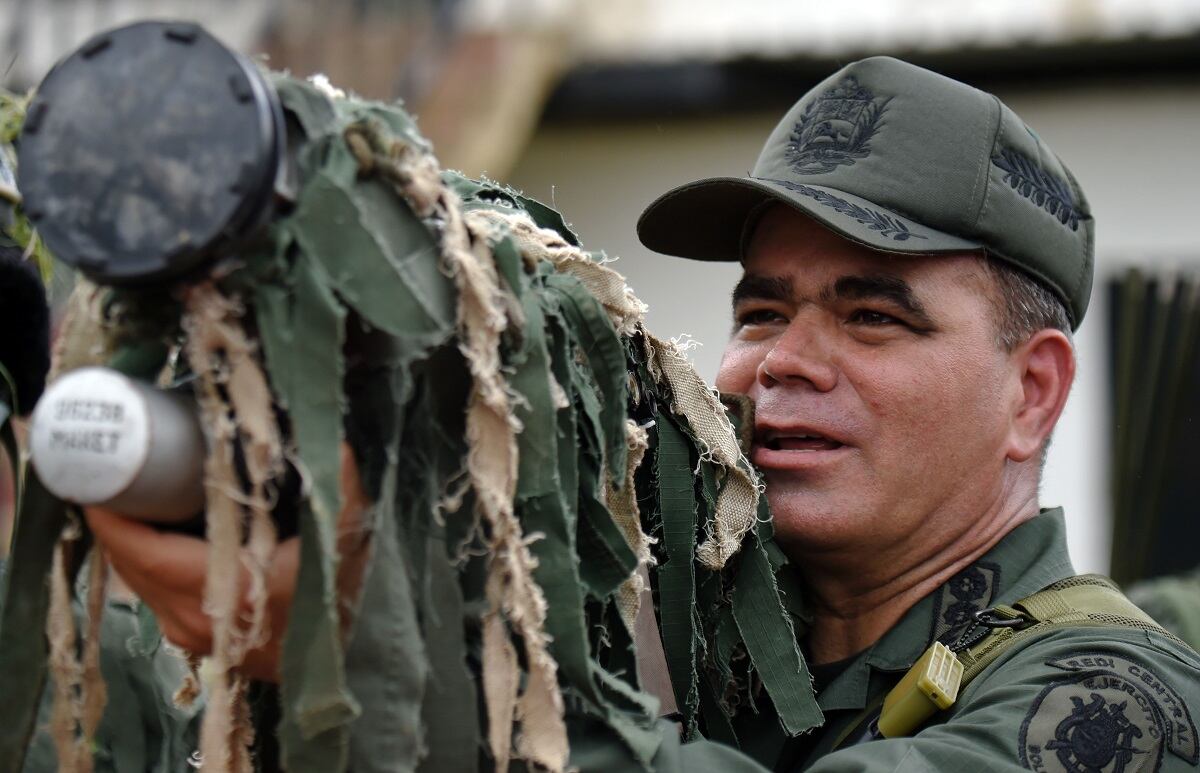NEW DELHI — India has officially selected Russian firm Rosoboronexport as the winner for Indian Army’s $1.5 billion Very-Short-Range Air Defence, or VSHORAD program, after months of delays over complaints made by other competitors in the competition.
In a Nov. 19 meeting with the three finalists — Rosoboronexport, MBDA of France and Saab of Sweden — officials from India declared the Russian firm’s Igla-S system the winner, a senior ministry of defence official told Defense News.
In May this year, Rosoboronexport was declared the lowest bidder among the three competitors. However, competitors in the program complained to the Indian army that the Russian firm was even allowed to be a finalist, as it had failed two initial technical tests; under procurement guidelines, failure in those tests should have knocked the Igla-S out of the running.
Those objections tied up the award of the program until this month, when the MoD overruled the complaints and stated that the Russian company was fully complaint with competitive rules and did not violate any procedures, according to the defence official.
RELATED

Another MoD official noted that the proposed VSHORAD contract will Russia will have no impact of U.S. sanctions on Russia under the Countering America’s Adversaries through Sanctions Act (CAATSA) because India will make payment in Indian rupees.
The contract is expected to be signed next year after more rounds of price negotiation and other contractual obligations.
The procurement of the system has been long in coming. The Indian Army floated a restricted global tender in 2010, with requests for bids from Saab of Sweden, Rafael of Israel, MBDA and Thales of France, Raytheon of United States, Rosoboronexport of Russia and LIG Nex 1 of South Korea. Rafael, Thales and LIG Nex 1 did not qualify the technical evaluation while Raytheon did not participate in the competition. Following a technical evaluation in 2012, MBDA, Rosoboronexport and Saab were selected for trials.
The VSHORAD competition will replace the aging Russian made Igla-M air defence systems with man- portable systems weighing less than 25 kilograms, with fire and forget capability. The systems required by the Indian army should have capability to engage aerial targets by day and night with an effective range of six kilometers, and height of engagement of more than 3000 meters.
Of the 5,175 missiles and associated equipment sought in the VSHORAD program, 2,315 missiles are proposed to be acquired in fully formed condition, 1,260 missiles in a semi-knocked down condition, 1,000 missiles in completely knocked-down condition and 600 missiles will be manufactured by state-owned Bharat Dynamics Ltd. In addition, the associated equipment will include launchers, sensors, thermal imaging sights and command & control units.
When inducted, VSHORAD man-portable systems will be employed in varied terrains including high altitude areas, plains, desert areas, coastal areas and maritime. The VSHORAD systems will be integrated to a passive/active sensor for mounting on a platform with facility to mount on light vehicles. These systems will also have a dedicated command, control & communication (C3) unit for detection processing and engaging aerial targets such as unmanned aerial vehicles and helicopters.
This is the second attempt by Indian army to buy VSHORAD systems from overseas defence companies. Indian Army issued first global tender for procurement of VRSORAD systems in 1999 which was aborted in 2005 for unknown reasons.
Vivek Raghuvanshi is the India correspondent for Defense News.







